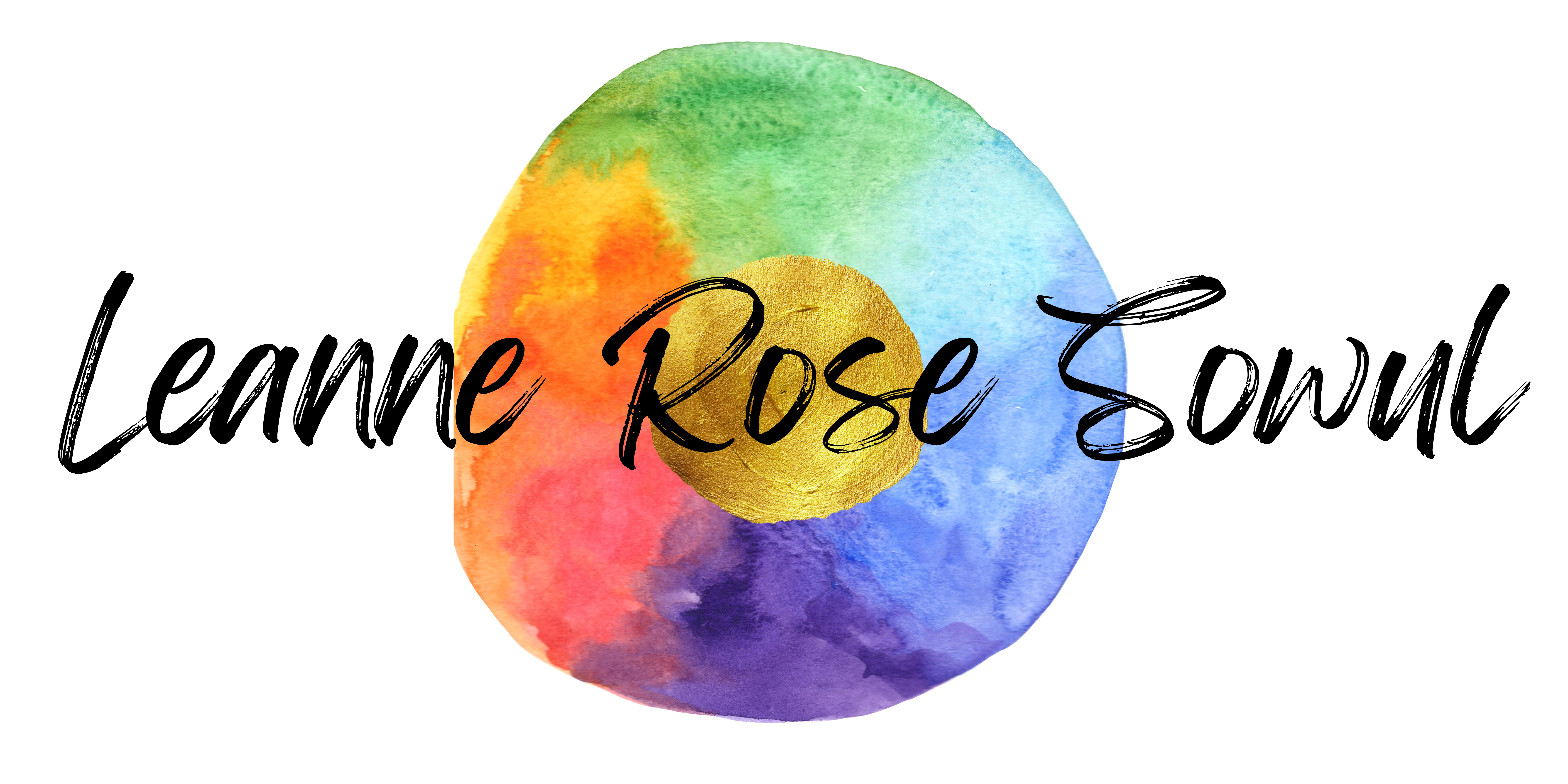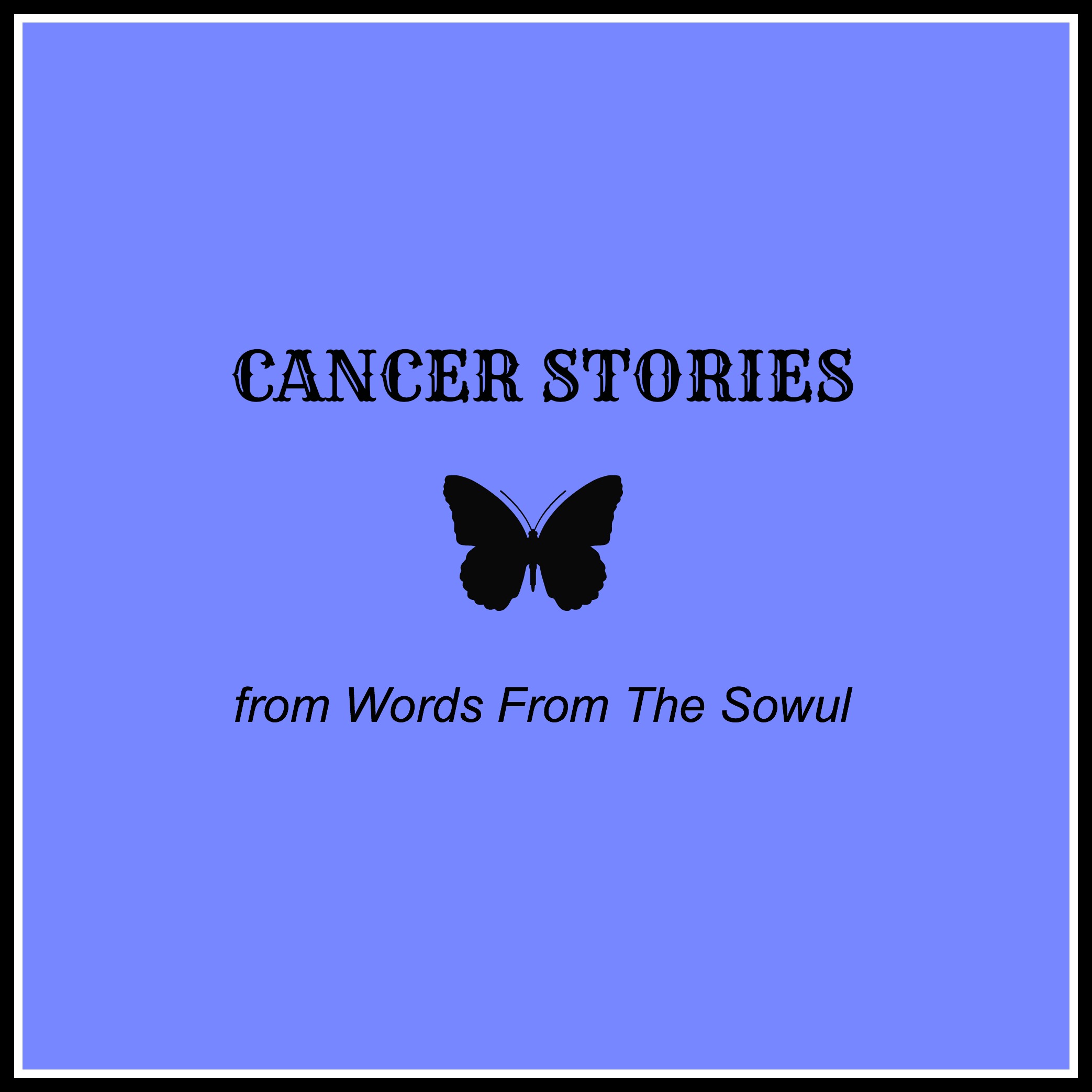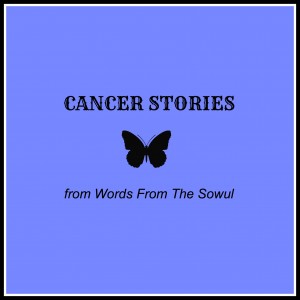I’ve been sharing my own cancer story over the past few weeks. This week, I’m sharing the cancer stories of other amazing, inspiring women. Today’s storyteller is Marie, a recent breast cancer survivor. Marie is an experienced blogger, who wrote about her cancer journey for her friends and family. I only supplied the questions for this interview; the answers are all in her own words.
1. Tell me a little about your cancer story. How did it begin?
I had my annual mammogram (actually 13 months after my previous one) about two weeks after my annual gyn appointment. A few days later, I received a call to return for more images. Since nothing was found during my physical exam at the gyn, I assumed that there had been some problem with the images and never thought that the mammo might have found something. When I arrived for the second mammo, it was evident that they were looking closely at something seen on the first images. After looking at the new images, they immediately took me in for an ultrasound. The radiologist told me that they had found a breast tumor and an enlarged lymph node. Pointed to the location, I could then feel the lymph node (about 1 cm), but still couldn’t feel the tumor. I was given information to schedule a core needle biopsy and sent on my way.
I was devastated. The combination of tumor and enlarged lymph node didn’t seem like a good sign. I tried to be optimistic and didn’t really look beyond the biopsy, but in the back of my mind I was very worried. It was 10 days before I could have the biopsy and then almost a week more to get the results.
Meanwhile, the clock was ticking on plans to fly to Paris for a vacation with my niece who was studying in Germany. The day before I was supposed to travel, I called the gyn’s office to say that I really needed the results. One of the other doctors in the practice called back that afternoon with the cancer diagnosis and a promise to arrange an appointment with a breast surgeon at the Dyson Cancer Center for the next day before my flight. My husband found a list of questions to ask when diagnosed with breast cancer that we took to the appointment. In addition to the surgeon, I was also able to see an oncologist that day. I had packed the night before, not knowing if I would be going on my trip or not. Both doctors assured me that I should go and that they would schedule all the additional tests I would need immediately upon my return. I got all the basic information about my diagnosis from the surgeon (tumor size and characteristics, etc) and his initial ideas on a plan of treatment. I was able to continue with my travel plans and tried to keep my mind off of cancer while I was enjoying Paris with my niece.
After I returned, it took two weeks to complete the additional tests (MRI, PET/CT scan) and other medical consultations. I decided to change oncologists when my first doctor could not agree on a treatment plan with my surgeon. I chose an oncologist who had treated several friends and we all agreed on a treatment plan that would start with eight chemotherapy infusions (4 x AC and 4 x T), followed by a lumpectomy and possible lymph node surgery (depending on the chemo outcome) and finish with 33 sessions of whole breast and axilla region radiation.
2. How would you have described your cancer “journey” while you were going through it?
The most trying time during my cancer “journey” was the initial phase of diagnosis and treatment planning. The unknowns that came with the initial diagnosis were frightening. And it was especially stressful when my surgeon and first oncologist could not agree on a plan, even though by that time I was assured that my cancer had been found early and was very treatable. After changing oncologists, I had confidence in my new medical team. Once we had a plan agreed to by everyone, I could focus on execution.
I was relieved to be starting with chemo. Even though eight chemo treatments seemed daunting, I was even more intimidated by the idea of surgery, having faced nothing more than a childhood tonsillectomy and teenage wisdom teeth extraction. Thinking ahead to the final round of radiation treatments was too overwhelming until I had put a good portion of the chemo treatments behind me. I focused on one step at a time and tried to educate myself as much as possible prior to each phase. It was a difficult eight months of treatment, but I always tried to maintain a positive outlook. I learned that I was more resilient than even I could have hoped for and that I was surrounded by loving and caring family, friends and colleagues. I was humbled by the encouragement and kindness of so many people. Having a medical team that I liked and trusted, along with the support of so many amazing people, gave me strength to focus on my treatments and recovery.
3. With the perspective that comes with time, how would you describe your journey now?
It’s been just less than four months since I completed treatment and a year since my initial diagnosis, so my perspective has not yet changed. Looking back, I am convinced that having trust and confidence in my medical team was essential. Changing oncologists to a doctor, nurses and facility where I was more comfortable was a critical positive step. Keeping in contact with my friends and accepting their help were also critical for me to stay positive.
4. Which, if any, of your personal characteristics or habits do you think have been heightened or diminished by having had cancer?
I’ve always been one to research, whether for my engineering work or some major purchase. My approach to cancer treatment was no different. I always wanted to be as educated as possible. I talked to other cancer patients and survivors, read clinical research and asked questions of my medical team. This approach worked well for me, but some people might not want to immerse themselves in so many details.
It was a bit more difficult for me to let go and depend on the help and support of my family, friends and colleagues. I’ve always had trouble delegating! I quickly realized, however, that allowing these wonderful people to do things for me was good for all of us. I really needed their help and support given the intensity and extent of my treatments, and they felt more valuable because they could do something for me.
My resiliency during treatment did reinforce my commitment to exercise and physical fitness. I believe that my fitness and excellent health entering treatment were essential in minimizing debilitating side effects. My excellent progress during the rehab required by my lymph node surgery has been another testament to my work ethic and I’m thankful for the training experiences from my many athletic endeavors.
5. Do you feel you live your life differently now? Why or why not?
I haven’t made any major differences in how I live my life. I have become better at delegating and it’s rewarding to see how some of my colleagues at work have assumed more responsibilities while I was forced to relinquish responsibilities during my treatments. I still enjoy my work and find it fulfilling, but it has become less of a central focus. Maintaining relationships and focusing on the people in my life have become more important.
I’ve been fortunate to have excellent health until my cancer experience. While I didn’t take my good health for granted, I now appreciate being healthy even more. My experience also gave me insight into what it must be like to suffer from a chronic health condition and made me more empathetic to those in that situation.
6. Describe some positive outcomes from your cancer experience.
It was extremely heartening to experience the outpouring of love and support that came from every facet of my life. While I never really felt that I was facing death myself, my cancer experience and losing a friend to cancer just after completing my treatments has given me a greater appreciation for living in the moment and living life with no regrets. More than ever, I appreciate the people in my life. Having the strength to endure cancer treatment with a positive outcome and outlook gives me more confidence in myself. It also minimizes the foibles and disappointments that are part of everyone’s life. When something minor goes wrong, I can always say to myself – at least it’s not cancer.
My experience has also reinforced my desire to help others. Whether it’s giving advice on how to handle chemo, encouraging a fellow survivor to join my exercise class or just listening to a friend who has been touched by cancer, being part of a positive support network is important to me.
7. Do you have a particular story to tell that highlights those positive outcomes?
During the final phase of my treatment, I learned that a friend’s mother had been diagnosed with ovarian cancer. While I was sorry to hear of her diagnosis, I was glad that I had been open about my cancer experience in a way that my friend felt comfortable and confident in asking me for advice to help her mother prepare for her upcoming chemotherapy. And since that time, another friend has had her husband diagnosed with cancer and I’ve been able to be part of her support network. In the way that so many survivors shared their knowledge, experiences and support with me, I’m now able to help others facing cancer.
Thank you, Marie, for telling your story!
If you’d like to reach out to Marie with thoughts or questions, you are welcome to email me at leannesowul@gmail.com, and I will put you in touch with her.
This post is part of a series on cancer; previous posts are listed below:
I Was Radioactive In A Padded Yellow Room



4 thoughts on “Marie’s Breast Cancer Story”